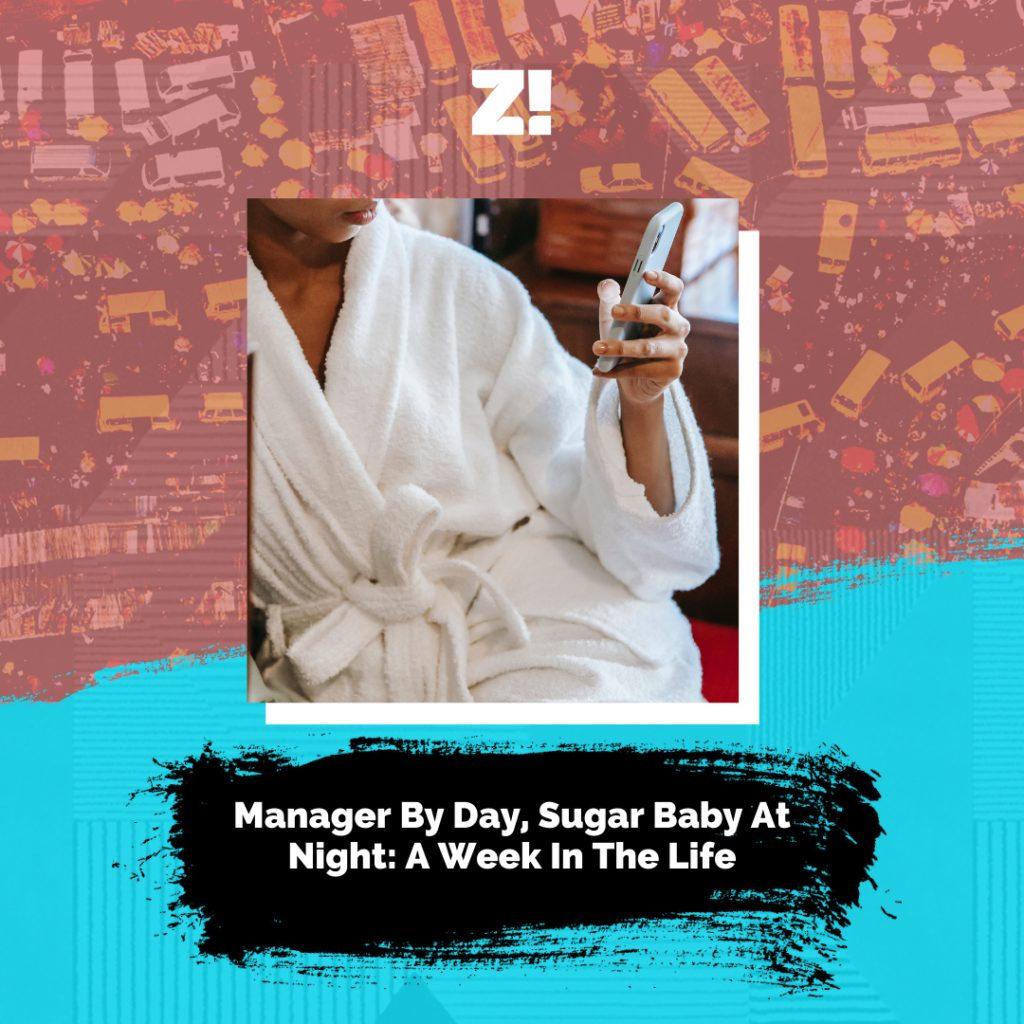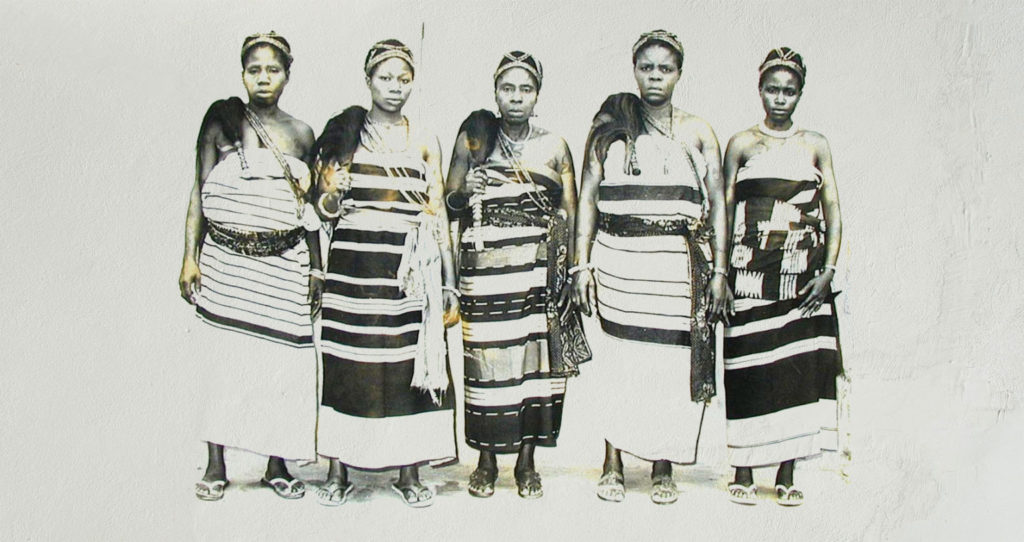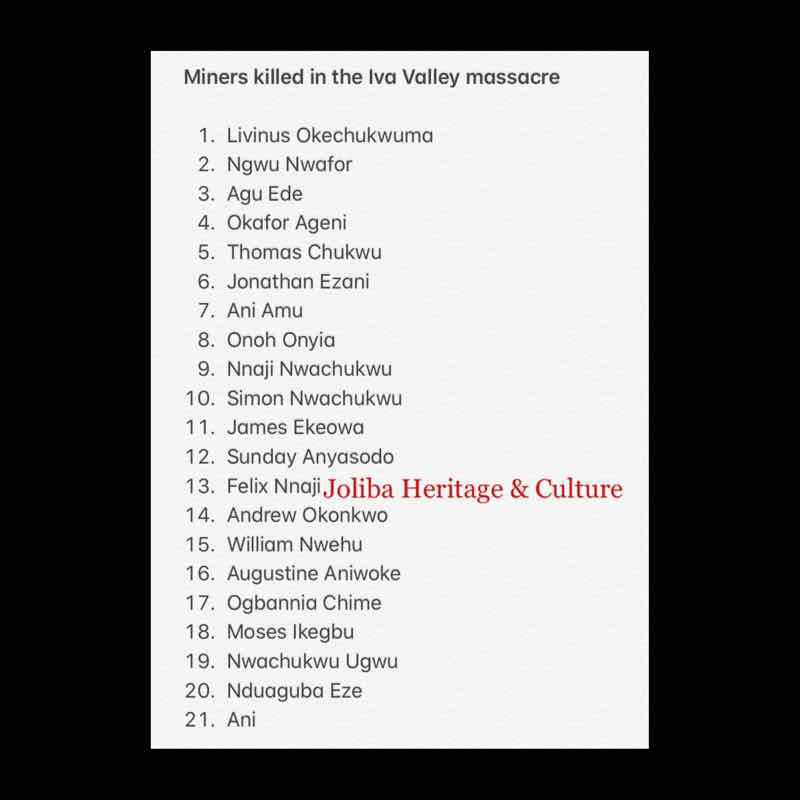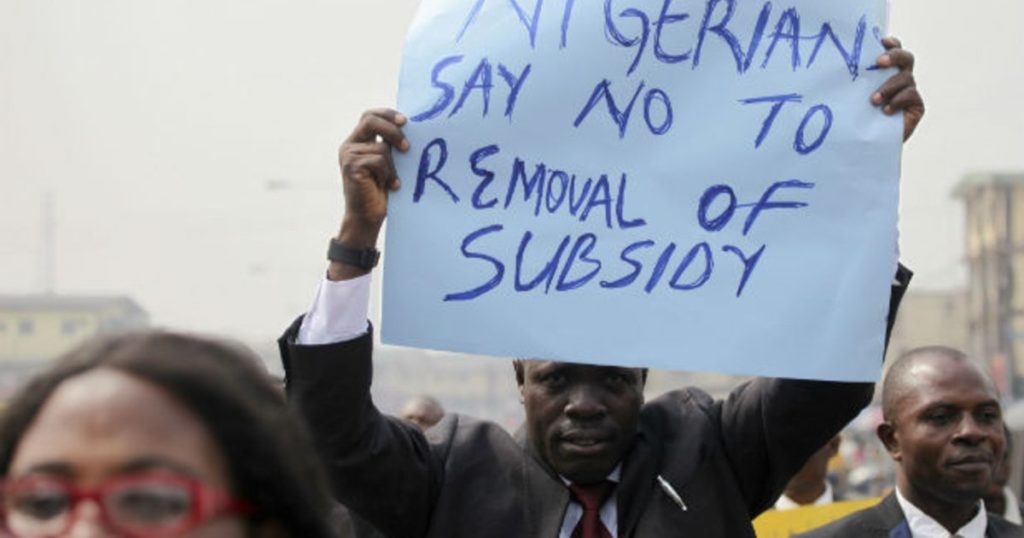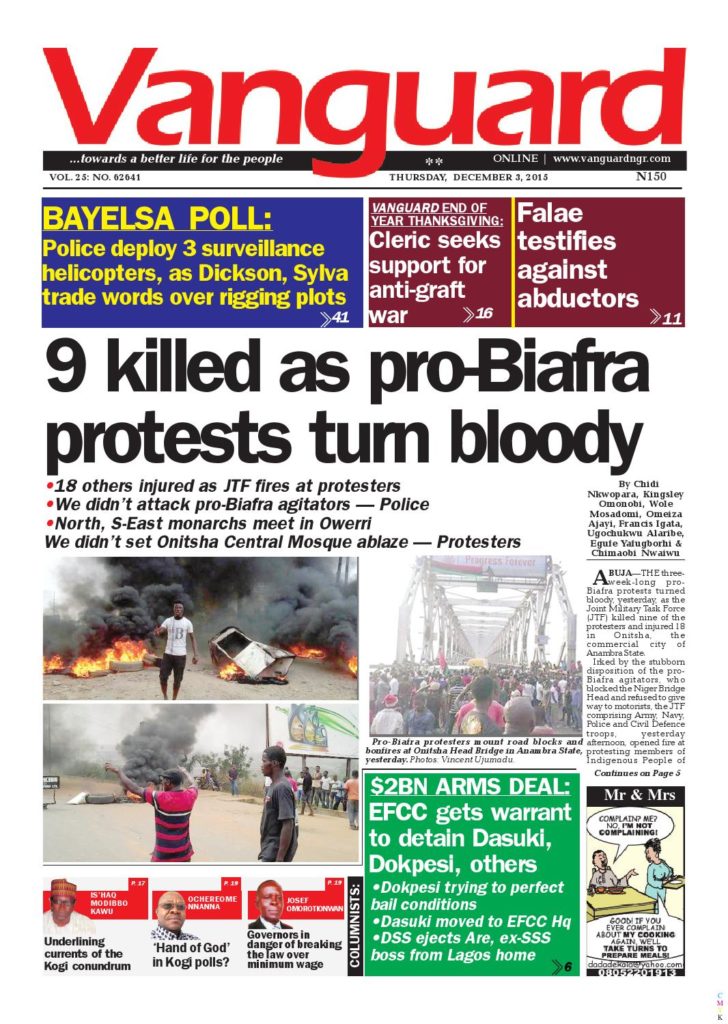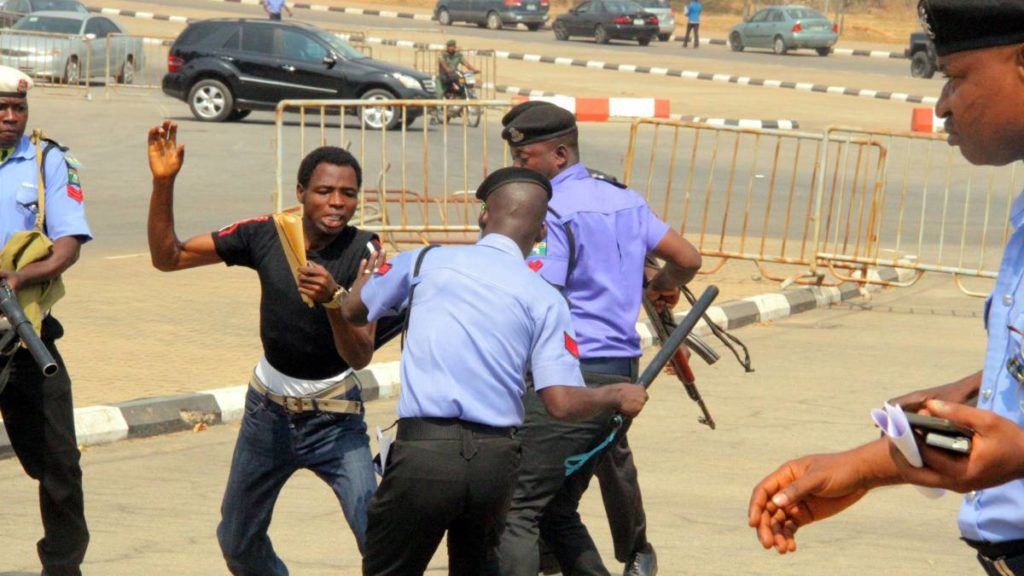A Week in the Life” is a weekly Zikoko series that explores the working-class struggles of Nigerians. It captures the very spirit of what it means to hustle in Nigeria and puts you in the shoes of the subject for a week.
The subject of today’s “A Week in the Life” is a manager at a cosmetic store. When she’s not making sure her office doesn’t burn, she’s also a sugar girl. She tells us about how money challenges morals, the benefits of her job, and why she cherishes her independence.
MONDAY:
I’m lucky I live five minutes away from work because it means I can wake up by 7:45 a.m. and still resume at 8:00 a.m. Every morning I stand up from bed is a war against Nigeria, a war against my village people, and war, most especially, against the side of me that just wants to relax and be taken care of. But we move.
During the day, I work as a manager in a cosmetics store on the island. At every other time, I work as the minister of enjoyment, aka someone’s baby.
I’m doing manager’s work today.
I work alternate days and run full-day shifts from 8:00 a.m. till 9:00 p.m. Although, I find myself staying back these days till 10:00 p.m. or 10:30 p.m. As the manager, I have to ensure that when work closes, the books are balanced and the inventory tallies. Work today was slow, but things picked up in the evening. Someone I know asked me to deliver some products to his house and at a 100% markup. I made some good money from that deal.
I generally help high-end clients source goods. Products you can’t easily find in Nigeria, gift sets for their partners, and home services for people who don’t want to come to the store. Even though it can be stressful, I don’t mind. I determine the profit margins on each deal and it ranges between 100% – 500%, depending on my mood. Sometimes, these clients even give me “thank you” money in addition.
I’ve made 7 figures in one day from product sourcing alone. I felt so happy, almost as if someone pumped me with drugs. I looked at my balance and I was like, “Wait oh, na me be this. Na me take my hand do am.” I just kept my mouth shut and didn’t tell anybody.
Don’t miss out on the best money stories. Subscribe to the newsletter now.
You know all those questions where they ask “if you pick ₦100 million from the floor, who will you tell?” The answer should be nobody! Keep quiet and code, because that’s what I did. Anytime I wanted to tell someone, I drank water instead. You don’t know who’s the devil out there.
After that experience, I now believe that there’s no job I can’t do as long as it’s legal and will put money in my hands. These deals aren’t constant — you can go up to a year without getting anything — but they’re worth it when they come.
TUESDAY:
I like my job because it’s located in a high brow area with high-end customers who always want to see the manager. And somehow, they always want to collect my number, which I mostly refuse. Well, except this one customer.
One day, this unassuming man wearing a top and knickers entered the store asking to see me. He came in scared because he wasn’t sure if the creams he owned could cause cancer. I gave him tips on what to look out for and that calmed him down. He thanked me and left the store.
A few weeks later, this man came back looking very different. His car told me I was speaking to money, his wristwatch whispered that he was the real deal, and his neck jewellery screamed wealth.
According to him, he came to thank me for not dying, plus he also wanted my number. I playfully told him I was selling my number at ₦5,000 per digit. That’s how this man dropped a bundle of cash on my office table and asked me to count my money — I took ₦50,000 and gave him my number. From that point, I started seeing men who’d “buy” my number for ₦100,000, ₦200,000, and even ₦500,000. See ehn, there’s money and you just need to know where to look. And how to work on your looks.
If you tell these men that you want ₦2,000,000, they’ll size you up to see if you’ve seen ₦500,000 in your life. That incident at the store changed something in me. I started to ask myself: if someone that has only seen you once gives you ₦50k to take your number, how much more will they give you when they have something with you?
WEDNESDAY:
I have a confession: I’m having an affair with the unassuming man from the store. It’s embarrassing saying it loud, but let me explain. Nothing happened with this man until after five months after we started talking. Since he made it clear that he was married, I thought we’d just be friends.
During the first five months, he’d come to see me and we’d just gist in his car. Sometimes he’d give me $100 when I’m leaving. Other times, he’d press ₦50,000, ₦100,000 into my hands. On generous days, between $300 to $1,000. And this was purely platonic, or so I thought. Like the thief that I am, I was collecting the money not knowing that he was fattening me up.
One day he asked if I had any idea why he had been coming to see me, and I told him I didn’t. I hadn’t been with an older man before.
He told me he liked and wanted me for himself. He also added that he would not disturb my relationship or marriage as he was comfortable being in the background. He then told me to think about it.
Omo. I thought about it and decided that if someone could spend over a million on me without seeing my pant, nobody would ever use word of mouth to enter me again. That’s how we started seeing each other.
I won’t lie to you, the money he gives me has been so useful. Do you know what it means for you to just stay and someone is dashing you money? Unprovoked? You can buy Ibeju land and be paying instalmentally. Bad as e bad, my life has changed.
However, I’m not carried away. Part of the reason why I’m going to work, like today, is because I’m not foolish. I know he can wake up one day and leave. Me, I’m a hustler, so I try to make my own money. Nothing is too small. I’ll drive from island to mainland to supply products with ₦5,000 profit. Why?
If I miss ₦5K today, miss it tomorrow and the next, at the end of the week I don get ₦15k loss be that. If you check am, that ₦5k na my fuel money for generator. It’ll fill up my 125L keg clean.
I’m grateful for him in my life, but I’m not depending on only one man. I put it to you that if you find one man that’s taking care of all your bills, he’ll also be taking something from you. And let me not lie to you, the money is not constant like that. The generosity is seasonal. Some months there’s nothing and some months it’s flowing. But you know the truth? There’s no amount of money that’s ever enough.
THURSDAY:
I’m off work today and I plan to sleep all day. I’m thinking about how money has a way of making you drop your morals. At some point in my life, I used to tell married men off. I’d tell them to respect themselves and their wives. But now I’m here, and you know what? I don’t feel guilty. Well, not anymore.
In the beginning, I did. The first time we had sex, five months after nothing had happened, I couldn’t take off my clothes. I couldn’t look him in the eye. I was that guilty. But after he assured me with words, action and credit alert, I felt more comfortable. On some level, I gauged that it’s the same unmarried sex, which is a sin, that I’ll do with my boyfriend that I’ll do with him. Abeg remove cloth.
If you ask people if they can date someone for financial gain, everyone will say no. But with what I know now, I’ll just keep quiet. Life has shown me to never say never. The prayer is not to see temptation that surpasses the willpower to say no.
FRIDAY:
I like this man I’m seeing for several reasons, but the most important one is that he doesn’t interfere with my life. Today makes it five days since we last spoke or saw each other. And neither of us is bothered.
He doesn’t interfere with my work or any aspect of my life. He’s just a ghost. If you go through my phone, you’ll not find any message from him. But if you visit my bank account, I will cast. You’ll see his handiwork all over there.
Being with him is like having a side guy. Outside of when we see in person, our calls last between 30 seconds to 3 minutes.
But I know this won’t last forever. There’s someone in the picture with whom I’ll soon enter a proper boyfriend and girlfriend relationship, with the possibility of marriage.
Marriage lowkey scares me because I’m committing my life to someone’s hand. What if they’re not sensible? What if they want me to be a stay-at-home mum? It’s just too much power to give one person over my life. Even my life wey dey God’s hands, sometimes, I dey find ways to comot am. Now imagine after God, then there’s another person before me. Am I still living for myself?
Find more stories like this in the Money Newsletter. Click the green button to subscribe.
Nothing spoil. I’m a hustler, so I know that no matter what happens, I’ll never be stranded. My own is that nobody should please judge me for any of my choices. Let’s leave judgement to God.
He who’s without sin should cast a stone. If e sure for you, stone me.
Cover image photo by Sora Shimazaki from Pexels
Check back for new A Week in the Life stories every first Tuesday of the month at 9 a.m. If you’d like to be featured on the series, or you know anyone interesting who fits the profile, fill out this form.



